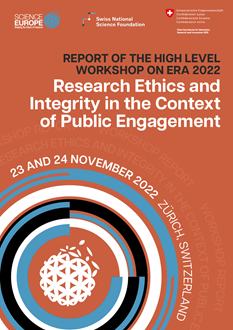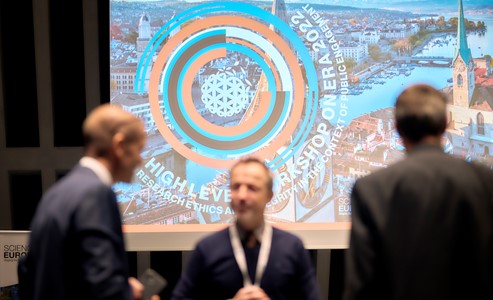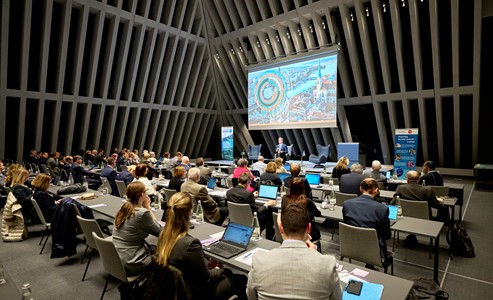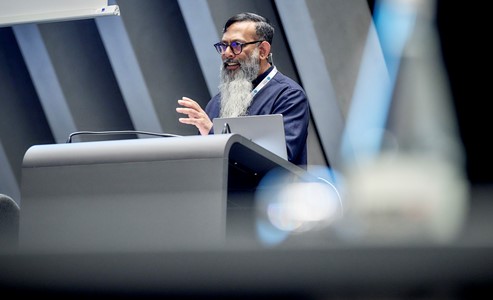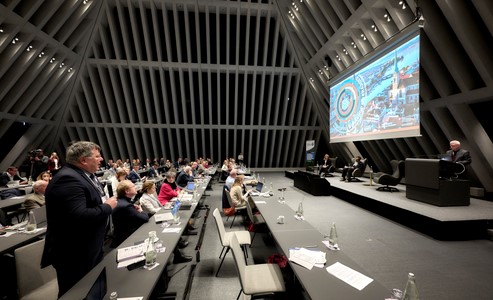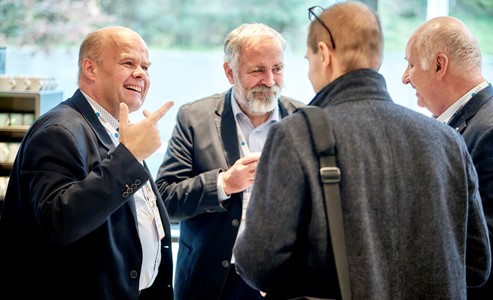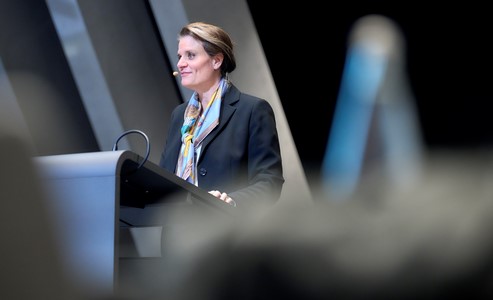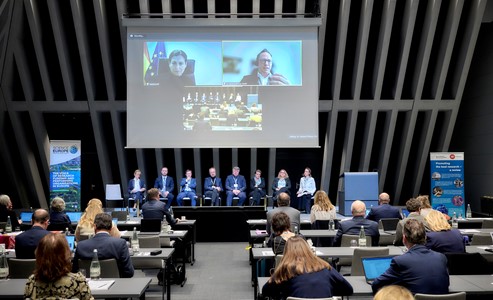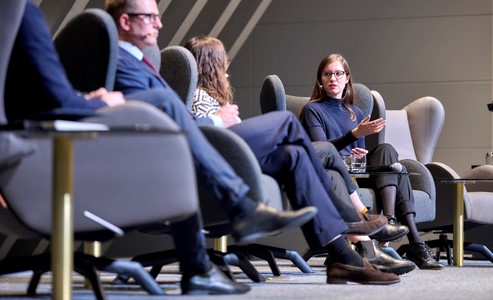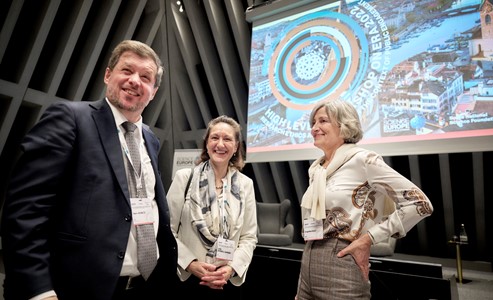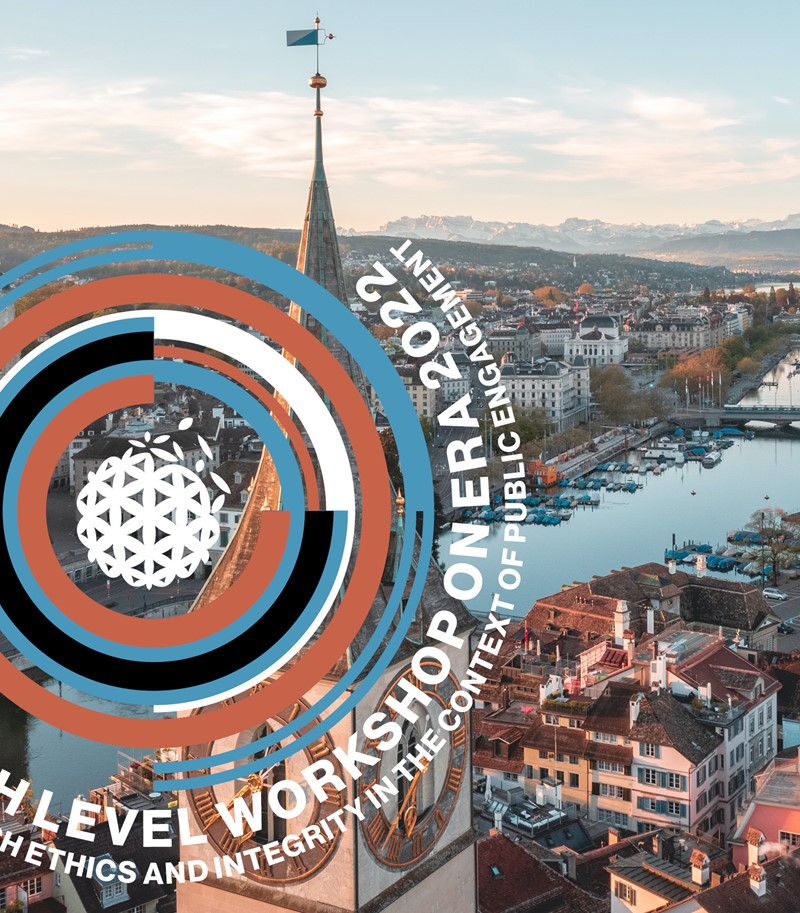
-
Share on
High Level Workshop on ERA 2022
Research ethics and integrity in the context of public engagement
The High Level Workshop on ERA offers an annual platform for Science Europe Member Organisations, national ministries, and EU institutions to discuss progress, specific aspects, and future development of the ERA.
The High Level Workshop on ERA 2022 was co-organised by Science Europe and:
- the Swiss National Science Foundation (SNSF)
- the Swiss State Secretariat for Education, Research, and Innovation (SERI)
About the High Level Workshop
In complex, interdependent societies that face a wide variety of challenges, demands on research are increasing. The current crises (COVID-19, climate changes, international conflicts, and so on) put pressure on research systems and researchers. Decision makers and the public expect them to speak with a clear voice and to offer direction and solutions.
The 2022 edition of the High Level Workshop on the European Research Area took stock of the challenges and opportunities that arise where research integrity & ethics meet public engagement. It focused on three related, but distinct types of interaction:
- The ethics of communicating to a broader audience.
- The ethics of public participation in research.
- The ethics of interactions with decision makers.
By bringing together different perspectives, the High Level Workshop offered a platform to discuss how to foster more effective and efficient dialogue and collaboration between research, politics, and the public. The workshop outcomes will not only support our members in developing these missions individually, but will also feed into the implementation of the ERA Policy agenda 2022–2024, and specifically the action ‘Bring science closer to citizens’.
Summary and Outcomes
Over the two days, lively discussions took place on the interaction between scientists, decision makers, and citizens. A central question to the discussion was 'How can we better understand each other?'. In a collective effort to answer this question, experts in public engagement, science communication, and public participation in research, met with policy makers and heads of organisations that fund and perform research in Europe.
"Our scientific system gathers knowledge faster than our society gathers wisdom. It is a key task for public engagement in science to redress this chasm", noted Rasigan Maharajh in his introduction speech. He called for a global charter on research ethics and integrity that, building on existing initiatives and guidelines, would put more emphasis on the use of research by non-academics and on public engagement.
'Trust' and 'transparency' were two terms that kept returning in both presentations and discussions with the audience. They recall the core principles laid out in the European Code of Conduct for Research Integrity (ALLEA, 2017): reliability, honesty, respect and accountability. These are at the core of research practice, and should also be for public engagement activities. Samia Hurst made suggestions in her speech on how to improve trust in science: “All aspects of our lives highly depend on science and it should be considered a human right to know and understand these dependencies: we need to teach how we know, not what we know.”
The workshop provided a range of perspectives, from science journalists to public participants in research. In both cases, research organisations should establish more effective and efficient mechanisms to involve citizens in research activity. On the side of researchers, adequate training and better recognition of engagement activities are crucial for effective science communication.
Last but not least, it was highlighted that transparent communication between policy makers and scientists is key to ensuring that each side understands what research can contribute to policy, and what researchers can bring to policy making. Ministers and ministry representatives from nine European countries presented a number of mechanisms and structures put in place by governments to support dialogue and collaboration between researchers and policy makers.
The workshop demonstrated that communication and public engagement in science are key aspects of building trust in science. The 14th High Level Workshop was an opportunity to share values, good practices and challenges that will be at the core of Science Europe's work for 2023 on the topic of research ethics and integrity.
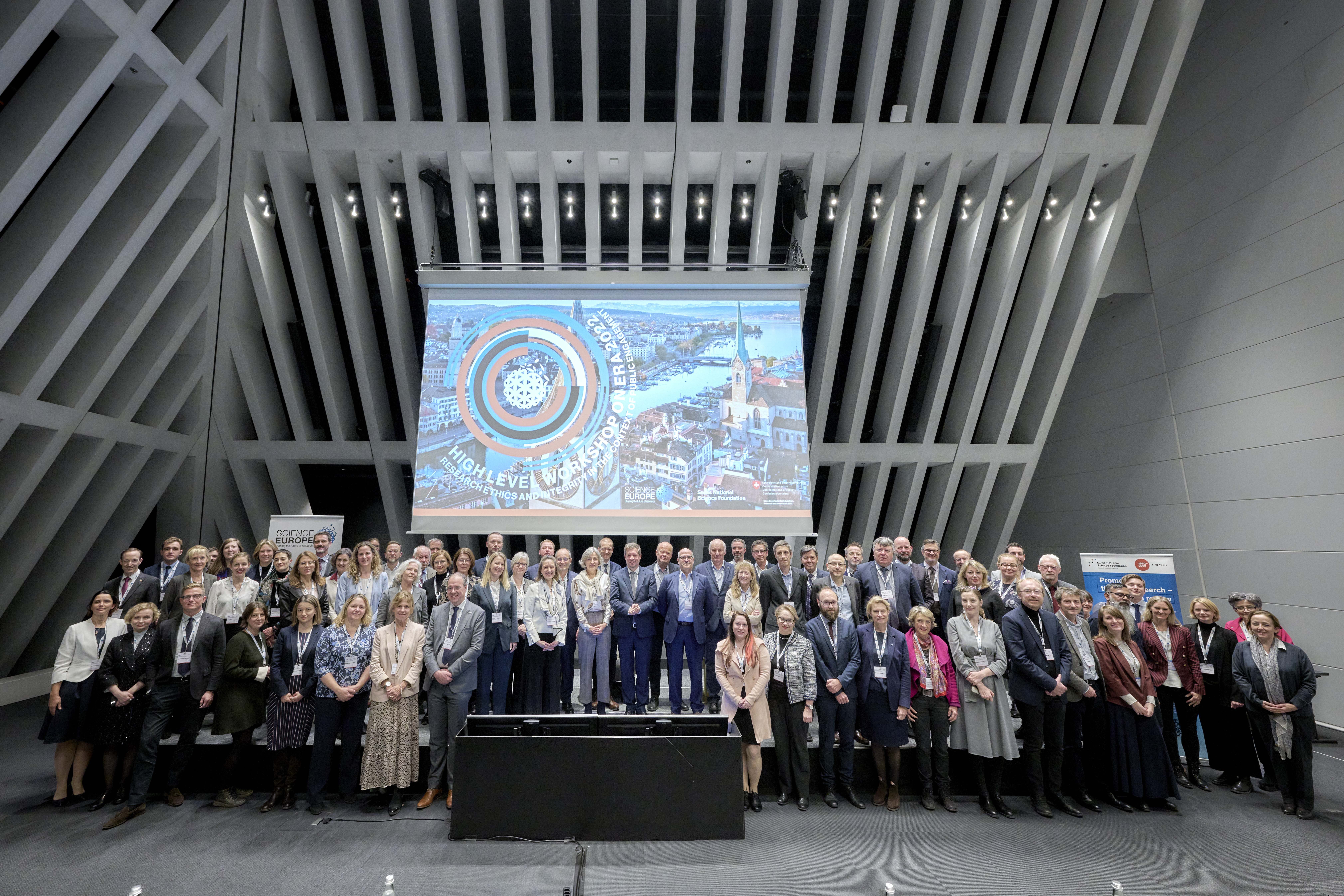
More photos of the event are available on Science Europe's Flickr account.
Videos
Introduction
Welcome by the Host
Wrap-up
Member-only content is available on this page. Please log in to view this content





